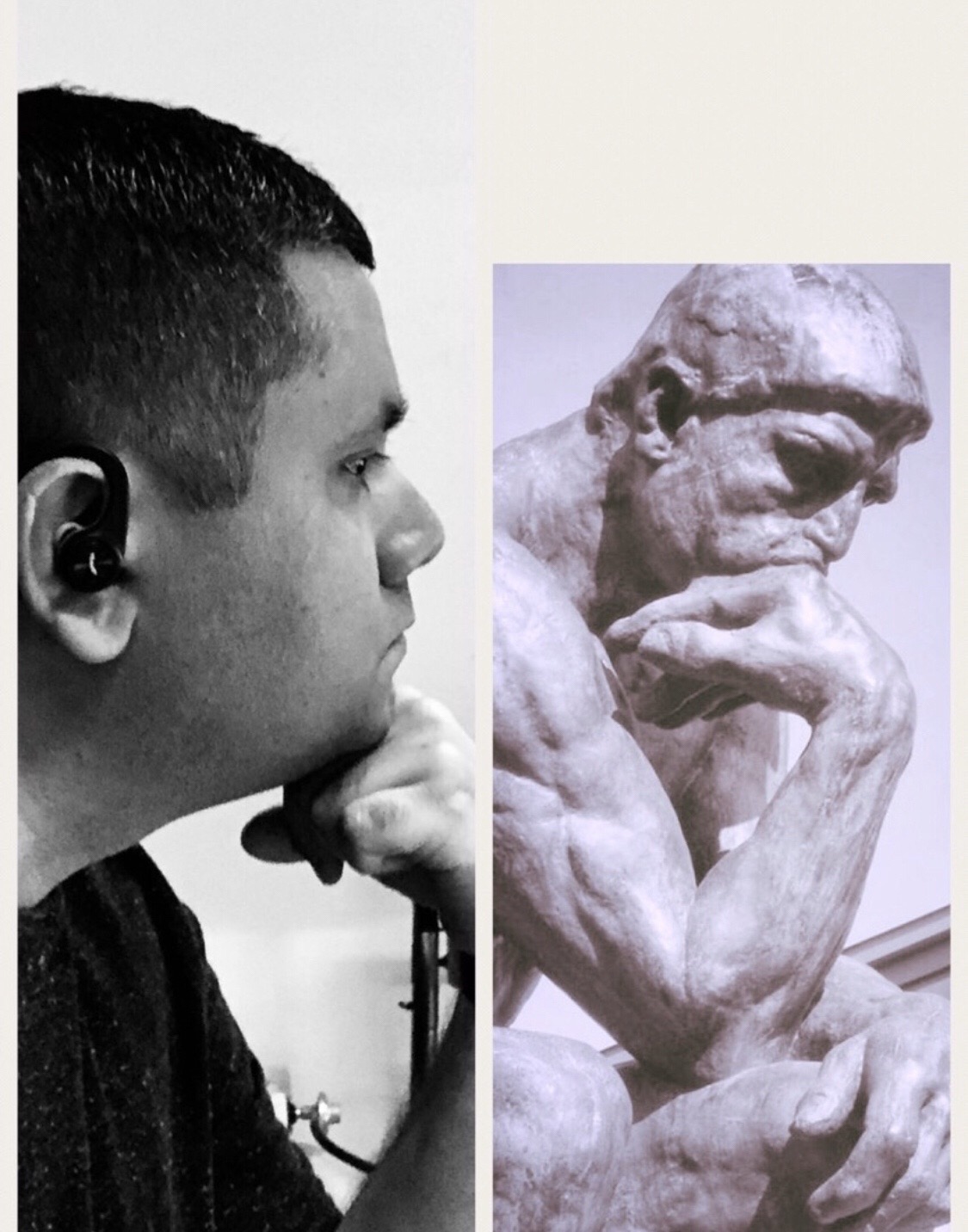Are we condemned to be free?


Assuming a certain way of life and running with it with no qualms has its own blessings. We cherish our actions only because our actions, we presume, are the most we could offer. We tend to move towards the hope of what we could be, but are not there yet. We are beholden to ideas and assumptions which become the lens through which we perceive the world around, and in our pursuit of getting there or becoming that.
So forth, we manufacture our personal lanes and pathways to go about creating the lives as if there is a place to be arrived where the essence could bask or bereave from such abode. The point here to think, thusly, is to first and foremost get a sense of what these assumptions are in their truest essence, and how they cascade us towards the transcendence that we seek and wished we had.
Without understanding those priors, an action that leaps forward to any consequence would be nothing but a flight of an impulse or a whim occasioned by steeping chemicals of which, we have no restraint.
Now let’s get down to the real issue here. In what actions we take or inactions we don’t, all that is bestowed on us are our humanistic attributes such as our perception of the world and the linear space-time continuum that interfaces with our outside world.
Add to that, the only tool for such mediation is our ‘a priori’ and the conjectures that have been offered to us magically from the yesteryears of divulgence. Some from religion but most from the episteme of our time, our epoch. That includes race, gender, geography and intersubjective realms like politics, economics, art, science, you name it.
What needs to be but is not yet, is an interesting and an intriguing predicament to consider because its morphology changes from one nook to another cranny. How can, out of such chaos, emerge an objective way to do anything at all?
With that in the backdrop, every human moment in history has striven for that perceptibly touted jar of gold at the end-of-rainbow that has been put there by the clans, the cultures and the tribes who, bereft of objective ethical due diligence, have done so because somehow, the heart found its serenity there.
The reasons why anything ever is the way it is; and the reason how things ought to be is a challenge that has suffered a misguided imperative, not just now but light years before David Hume offered his naturalistic fallacy whence he said that we can never derive an ought from an is. We really have no absolute way to put our best foot forward in the absence of that guiding star.
Now, let’s comport that to the whys and wherefores of our ordinary everyday existence. What possible horizons should we strive to transcend and why so? What historical ‘a priori’ is more ethically sustainable and useful in an array of thousands of different permutations that could emerge out of our putting the different foot forward?
At the base level, this emerges as the basic foundational dilemma in everyone’s life. One of Sartre’s famous quote goes like this, “Man is condemned to be free.” This sounds like a classic oxymoron because to most folks, freedom is a virtue that needs celebration more than anything else. So, what did Sartre mean when he said that?
My point of departure, all along, has been to strike on that nail-head precisely. In this day and age, when the metaphysics and scriptures have ceased to work, as it did work with our forefathers, we have been condemned to the freedom where we are to perfect our own thoroughfares that could guide us impeccably.
With only science and reason we could behold to in helping us navigate through the terrain, the void is yet replete with where we ought to arrive and why.
This question is quintessentially so foundational to begin with, that every human enterprise, in striving for any objective- be it terrestrial, cosmic or spiritual, needs to get down on its knees and give it a serious thought.
End

